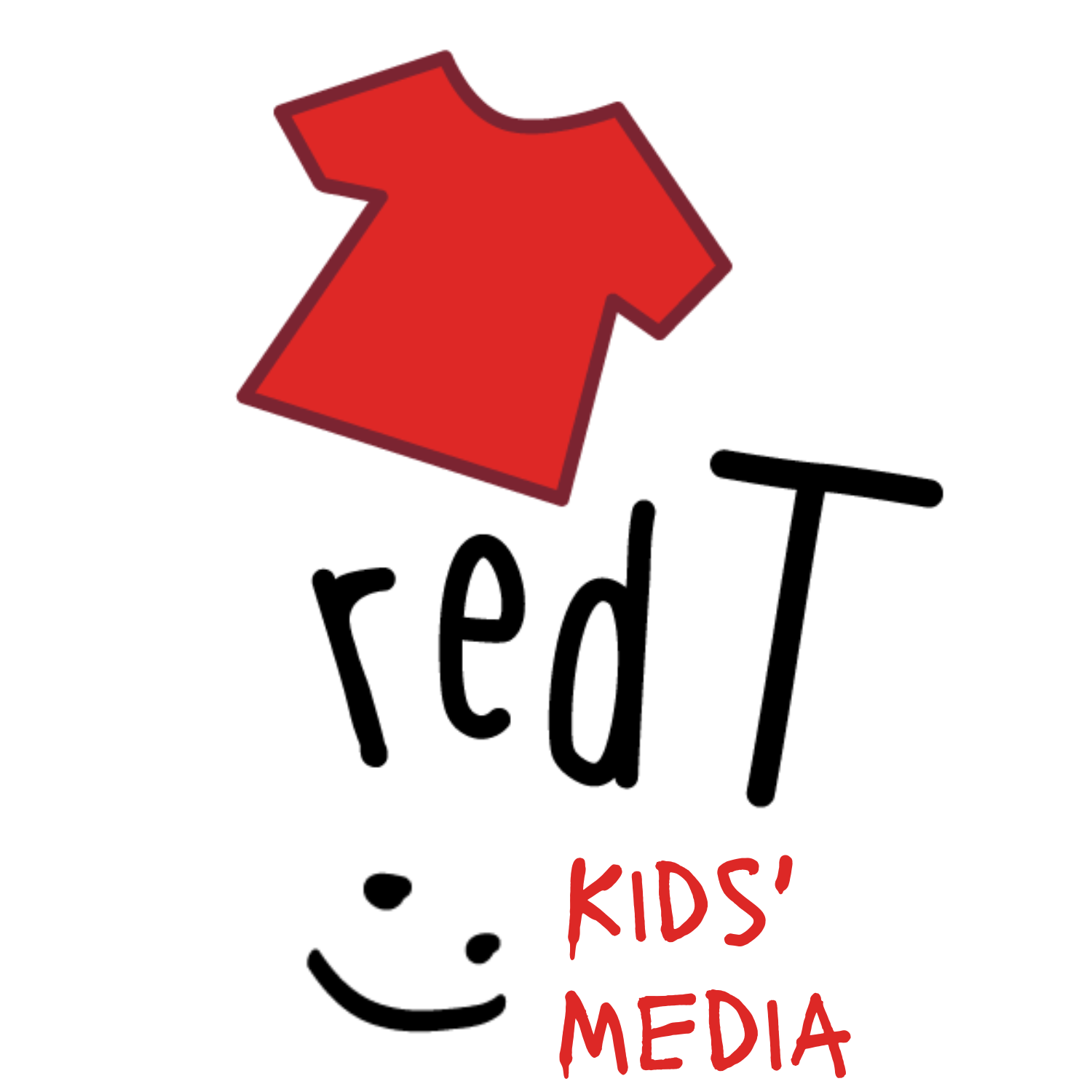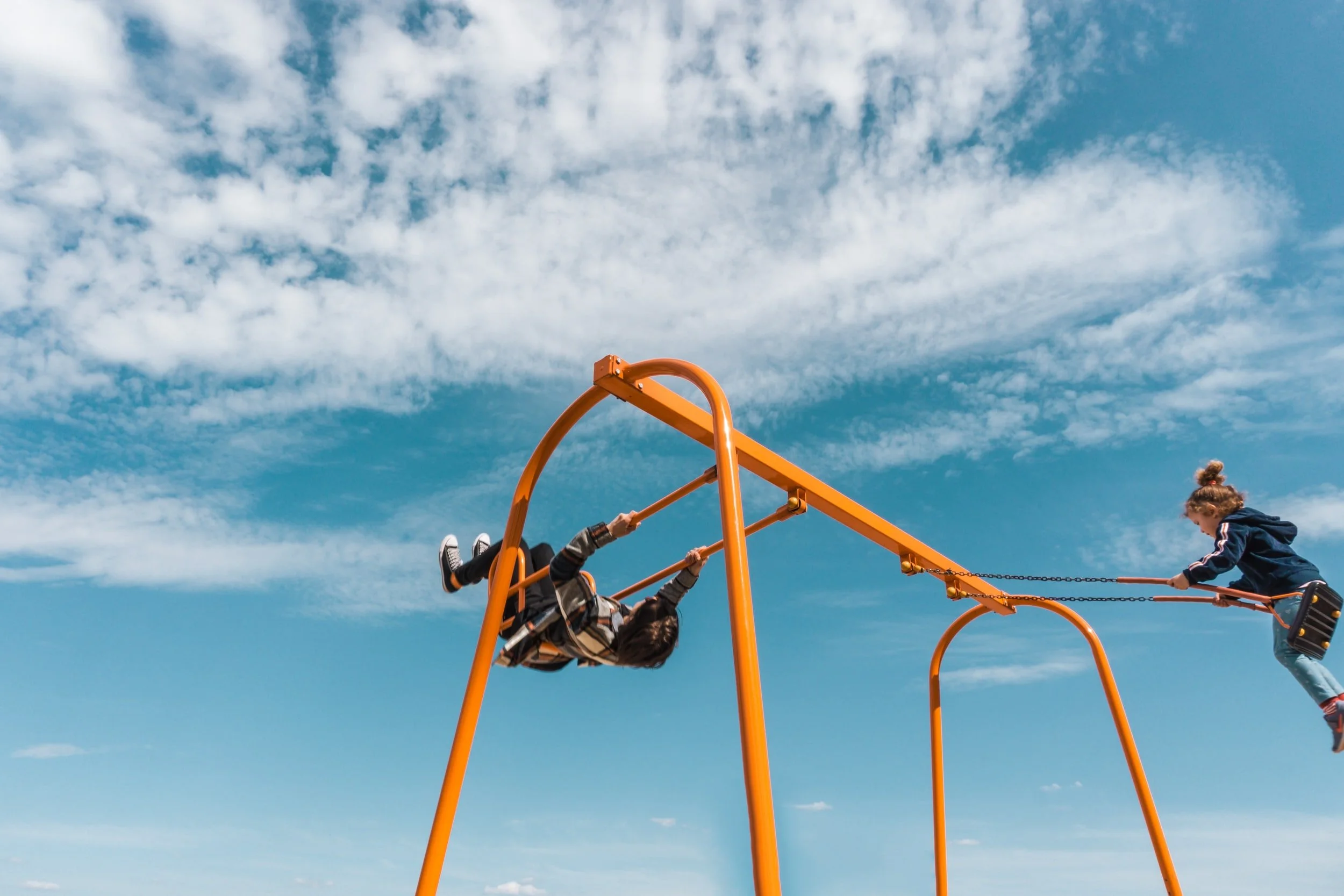Another Important Reason to Read To/With/Near Your Kids
Reading with your kids not only helps them grow into better readers, but also into better thinkers. Diving into a good book helps to make children aware of other perspectives and possibilities, and it also opens the door for discussion of big questions and complex issues.
Are You As Courageous As Your Kid?
When it comes to asking big questions, young thinkers seem to have more than enough courage. In the eyes of many kids, there is no subject that’s out of bounds, no one who can’t or shouldn’t be asked, and no time or place that isn’t right. It’s quite impressive, really.
So why do we lose the courage to ask as we grow up? What exactly are we afraid of?
Talk To Your Kids About Life Online: 5 Big Questions To Get You Started
Setting rules for use, including when, where, what and for how long is both appropriate and necessary, but is it enough to help digital natives really understand the virtual aspects of their lives?
What is an argument, anyway?
Philosophy is all about presenting an argument, but a specific type of argument. It’s not about the angry, shouty kind of argument, but rather about the kind where you present an idea, give reasons to back it up, and prepare to look for other ideas that may mean you need to re-valuate it.
Big (Huge) Question: What Makes A Country?
Children of all ages have big ideas about this, and starting up a conversation can not only help them understand their place in their country, but also how people come together and stay together.
Do You Have To Be A Philosopher To Do Philosophy?
Embracing your own inner philosopher, and encouraging your child to grow as a thinker, is likely to be a fun experience that will build a bond of trust between you.
It’s Officially Summer…Let The Thinking Begin!
There are ways to keep a little thinker busy over the summer, and many of them also present opportunities to fill in any linger learning gaps, and even get ahead of the game for September.
But What If I’m Wrong?
Taking risks, being critical of ideas (even your own), and being willing to back up and try again, are all part of learning, for thinkers big and small. Don’t let the thought of getting it wrong keep you from taking on big questions with your kid!
5 Reasons to Think About Art With Your Kids
Okay, so they don’t play well in fancy museums, and they’re more interested in using art books to build forts than they are in reading them. They love to colour outside the lines, and they include new ways to mess up their room in their definition of creativity. Don’t be fooled, though! There are rich, captivating discussions to be had with your children about art, and diving in can yield a whole lot of benefits.
What If My Kid Just Isn’t A Critical Thinker?
While we can all agree that no two kids (or people for that matter) think alike, we’re pretty confident that in some way, shape or form, all kids like to ask big questions.
Critical Thinking, Picnic Edition
Now that Spring has arrived, and families are venturing out for treats in an al fresco setting, there are even more opportunities to chow down on big questions.
The Long Game of Critical Thinking With Kids
This practice that takes time also lasts a lifetime. There are most definitely short term advantages to being a critical thinker, but it’s important to note that kids who fit into this will have clarity and agency for years to come, in their academic studies, their professional pursuits, and in their personal lives.
6 Questions Every Young Environmentalist Should Ask
Really, every day should be Earth Day (we do live on and depend on it, right?). We’re always excited about asking big questions and taking a closer look at our relationship with our lovely blue planet and its inhabitants.
Why Little Thinkers Need to Understand Nuance
There are a lot of grey areas in the information we receive these days, and kids need to learn to think about them critically.
6 Ways That Critical Thinking Can Help With Learning Loss
There is one vital skill that we should be helping our kids to cultivate, one that can help all kinds of learners to bridge the gap in education.
It's critical thinking.
Racism and The Problem of “Other”: How To Think It Through With Kids
It’s really never too early to think critically about what makes someone “other”, and about how to bridge the distance.
What Do Kids Think About Freedom?
Kids have a unique perspective on freedom, and chatting with them about it presents great opportunities for critical thinking.


















